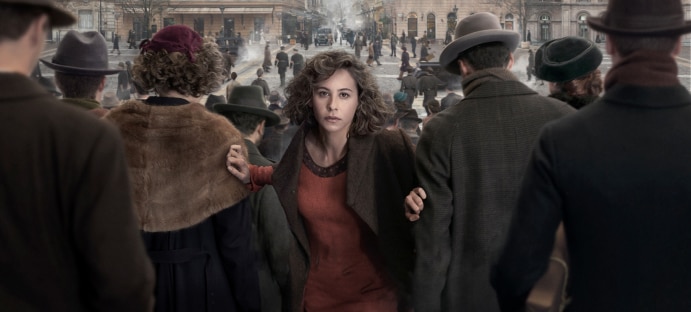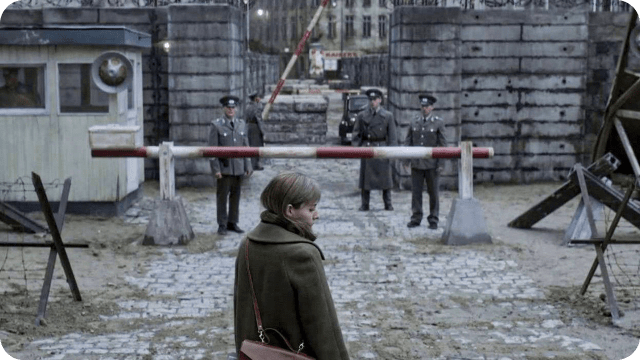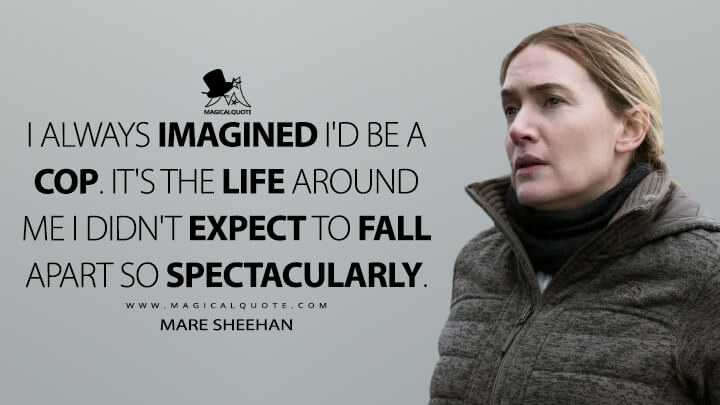Havana; a city at war with itself caught between its bloody past and its oppressed present. 1990's Havana explores the brutal final days of the Batista regime and the violent rise of the nation's still reigning communist regime. In its depiction of the Cuban Revolution the film relates a sweeping historical epic while drawing parallels to the counter revolution that Cuban patriots are engaged in today. At once an homage to such classic war-time romances as Casablanca and a portrait of a city on the brink Havana is nearly as intoxicating as its title city.
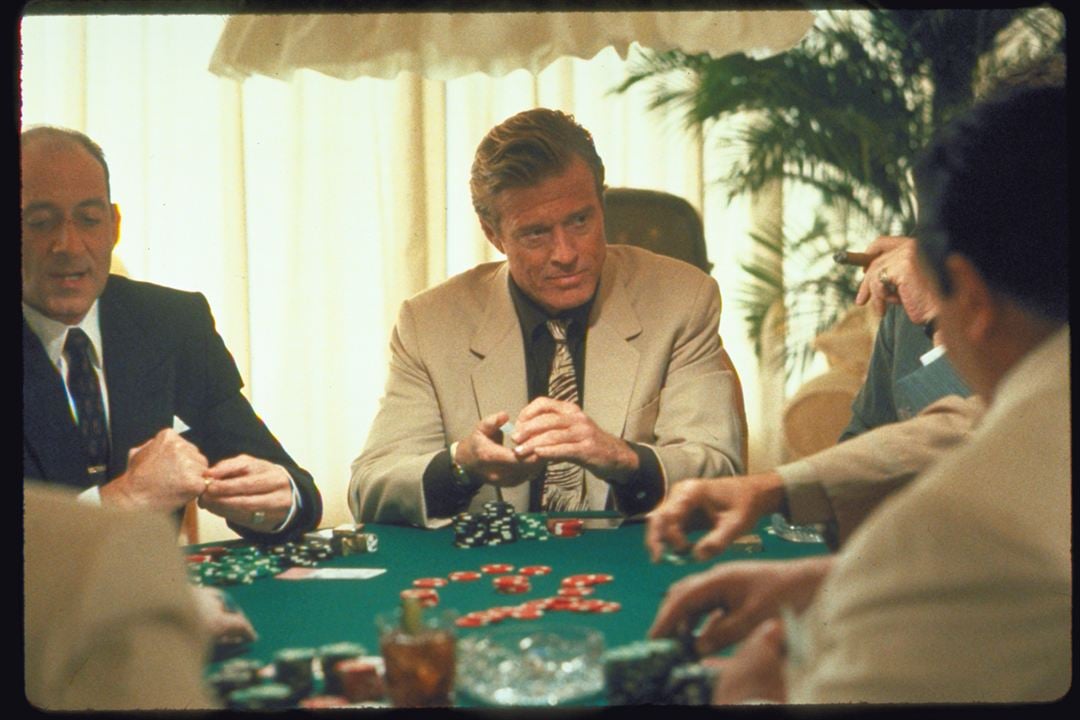 |
| I am shocked, shocked, to find that there's gambling going on in here! |
The story begins with American gambler Jack Weil traveling from Miami to Cuba in the days leading up to the 1958 revolution. His carefree lifestyle is interrupted when Cuba's secret police search the ferry he's traveling on and find a gun. When the authorities demand to know who the gun belongs to Jack claims that it is his in order to protect its true owner, alluring fellow passenger Roberta 'Bobbie' Duran. He then reluctantly agrees to help her transport US Army Signal Corps radios to Castro's revolutionaries. The two then part ways only to cross paths again in Havana when Jack is on the town with a journalist and communist sympathizer who introduces him to Bobbie and her husband, notorious revolutionary Arturo. After the couple fail to persuade Jack to join their cause the police raid their resistance network and both are arrested. Upon learning of Bobbie's arrest and Arturo's death in police custody Jack leverages his connections to secure her release. The pair then retreat to his apartment outside of the city and begin a passionate affair. When Bobbie learns that Arturo may still be alive she and Jack are forced to reevaluate their personal and political passions as they find themselves caught in the turmoil of the Cuban Revolution.
Havana is often remembered not for the film that it is, but for the film that it could have been. At its most compelling the film recalls the timeless blend of politics and romance that made Casablanca a cinema classic, and for good reason. The relationships between cynical, apolitical, American Jack, revolutionary Arturo and Arturo's devoted Swedish wife, Bobbie form almost a carbon copy of the famous love triangle between Rick, Ilsa, and Victor. Similarly the corrupt, dangerous, but still romantic exoticism of occupied French Morroco bears an uncanny resemblance to the film's depiction of Batista's Cuba. What Havana's makers failed to understand, however, is that Casablanca is more than just a "fight for love and glory" and is instead a story of patriotism, sacrifice, and freedom. While Jack is motivated by his love for Bobbie, Rick's call to action is the plight of not just Ilsa, but also Victor, the refugees at Rick's cafe and the free world at large. As a result, Jack's stint as a revolutionary pales in comparison to Rick's life-altering decision to join the Allied resistance. Similarly, Bobbie and Jack's immediate attraction and brief affair lacks the gravitas of Rick and Ilsa's bittersweet reunion and inevitable separation in pursuit of a cause greater than themselves. Havana's greatest disappointment, however, its its inability to come to terms with the history that it is portraying. While both Casablanca and Havana portray efforts to end fascist tyranny Havana's heroes are also fighting to usher in what would ultimately be an era of communist oppression. As a result, the film's call for liberty is completely undermined by an even cursory glance at the devastating reality of modern Cuba that people like Bobbie and Arturo helped create. While watching the characters fighting to bring Castro to power viewers cannot help but unfavorably compare their actions to those of the real life freedom fighters attempting to throw off the very regime that the film glorifies. The Cuban Revolution was one of the many human tragedies that defined the twentieth century and a story ripe for cinematic exploration. Perhaps now, as Cuban patriots answer freedom's call in the twenty first century, Hollywood will finally tell the story of the Cuban people and their struggle against oppression. In the meantime, we'll always have Havana.
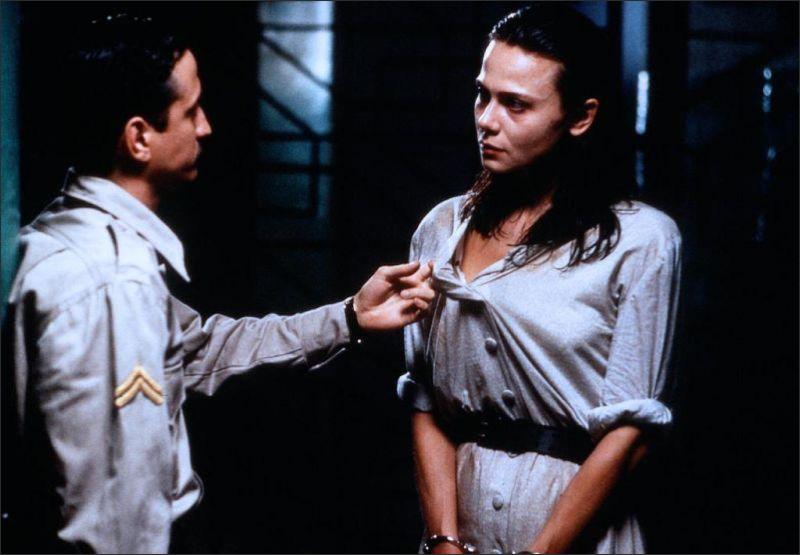 |
| Round up the usual suspects! |
Havana remains a fascinating viewing experience for the film that it could have been as much as for the film that it is. The script brings the brutality of Batista's regime to visceral life and offers an engaging romance, but misses its mark by ignoring the tragic irony of the characters' supposed fight for freedom. The performances create compelling characters and nearly elevate the film beyond the missteps of its script. For a glimpse of a film and a nation that might have been book your ticket to Havana.
 |
| Half of my heart is in Havana oo-na-na... |

